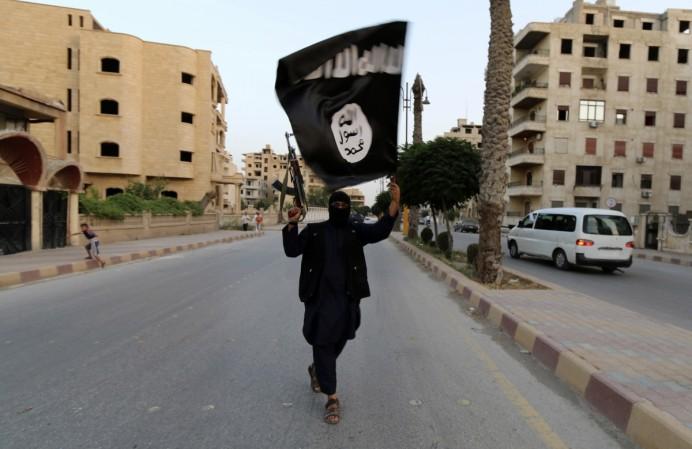
With the US-led coalition destroying lucrative oil fields and other revenue sources of Islamic State, the Raqqa-based militant outfit has cut the wages of jihadis by half citing "exceptional circumstances", said reports.
"...On account of the exceptional circumstances the Islamic State is facing, it has been decided to reduce the salaries that are paid to all mujahideen by half, and it is not allowed for anyone to be exempted from this decision, whatever his position," says a leaflet published by Bayt al-Mal, the Treasury Ministry of Isis, in December.
The group's financial situation is believed to have worsened following the bombing of a cash storage facility in Mosul on 11 January.
Millions of dollars, which were stored in the bulk cash distribution site to pay Isis fighters, recruit new jihadis and fund ongoing operations, were destroyed in the airstrike, earlier reports had said.
To deal with the fund crunch, the Isis-appointed Mosul governor even issued a fatwa allowing the fighters to tax local residents, reported Jerusalem Post. But the Sunni outfit said the financial situation would not hamper the distribution of Zakat, a religious obligatory tax for the poor.
Isis is said to make around $80 million every month through tax, oil and illegal drugs. Since November, the US-led international coalition has destroyed several oil fields operated by the Islamic State, which generates 43% of the group's revenue.
The loss of Ramadi, the capital of Iraq's Anbar province, in December has also added to the financial crisis faced by Daesh, a local abbreviation Isis is referred to by.













